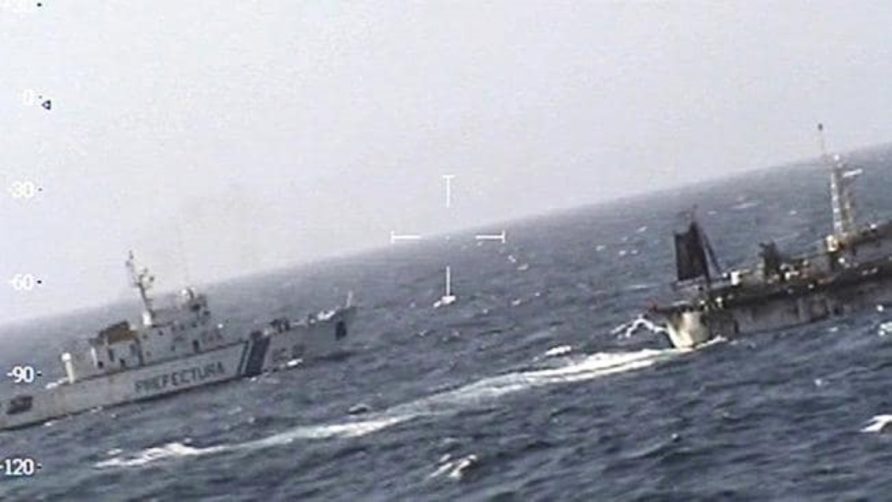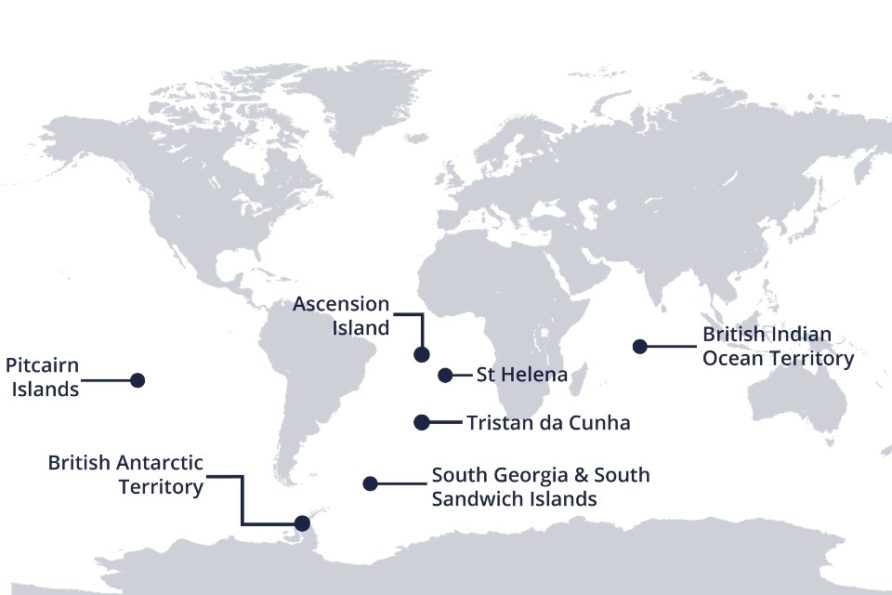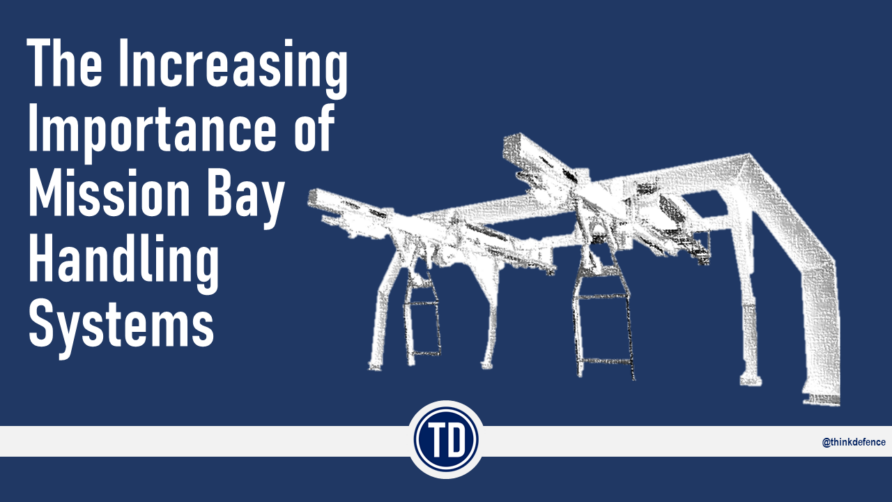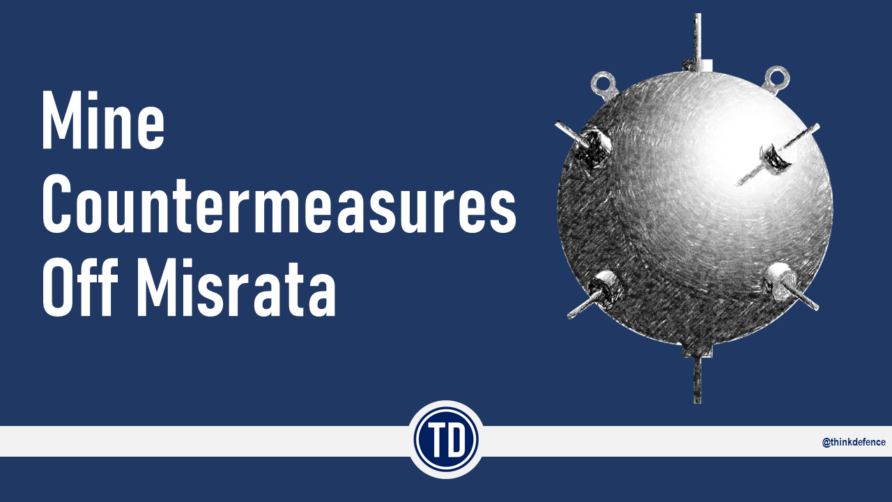It is of course an obvious statement to make, but the demand for protein by a growing population will place increasing pressure on the world’s fisheries. And where there is pressure, there is friction, where there is friction, conflict is not far behind.
We are already seeing this with aggressive Chinese fishing fleets all over the world. However, a few years ago, an incident showed how it isn’t just in the South China Sea or near their environment, it was off the coast of Argentina.

Argentina’s Coastguard sunk a Chinese-flagged fishing vessel (Lu Yan Yuan Yu 010) after she was caught illegally fishing in Argentine waters and tried to ram the coastguard vessel.
On several occasions, the offending ship performed manoeuvres designed to force a collision with the coast guard, putting at risk not only its crew but coast guard personnel, who were then ordered to shoot parts of the vessel
The crew abandoned the ship and were subsequently rescued, but this brazen display shows just how big a problem this is. Since 2106 when this happened, there have been numerous incidents of aggressive illegal fishing. Nations have responded by increasing fisheries patrols and providing additional resources. The Ecuador authorities recently commented, half of the Chinese vessels operating in their area had turned off tracking systems to avoid monitoring. West Africa is also an area of intense pressure on fishing in the Gulf of Guinea.
Sierra Leone represents an interesting case study, a lack of resources and poor infrastructure meant enforcement action was weak, but they still devoted a large proportion of their resources to it. The Sierra Leone Navy and Sea Shepherd Global conducted a joint operation that culminated in the arrest of four fishing vessels engaged in illegal, unreported, and unregulated (IUU) fishing in their inshore exclusion zone (IEZ)). And yet only a few months later, Sierra Leone and Chinese governments announced a $55m deal to build an industrial fishing port and waste processing plant at Black Johnson in the Western Area peninsula.
This illustrates perfectly the tension between illegality and legal exploitation, a very difficult problem.
The UK’s Blue Belt Programme supports the UK Overseas Territories with the protection and sustainable management of their marine environments., some 4 million square kilometres of ocean.
Between 2016 to 2021, the Blue Belt programme was funded by nearly £25 million from the Conflict, Stability and Security Fund. The Foreign, Commonwealth and Development Office will directly fund the Programme for 2021/22, with £8 million funding confirmed.
Interestingly, it does not include the Falkland Islands, which already has a very comprehensive and effective fisheries’ management programme.

This video provides a good and recent update
One of the five key themes for Blue Belt is supporting compliance and enforcement, and to support this the programme has funded research into long-range uncrewed aerial vehicles.
Supporting marine biosecurity toolkits guidance, developing environmental databases for Tristan da Cunha and St Helena and using satellite surveillance to monitor Illegal, Unreported Unregulated, fishing- are just some of the examples of Blue Belt work over the past year. The Blue Belt programme has created a Blue Belt Surveillance and Intelligence Hub – a centralised point to collate, analyse and disseminate intelligence to the UK Overseas Territories.
The Blue Belt Programme is collaborating with the Zoological Society of London (ZSL) to trial long-range unmanned aerial vehicles (UAVs) for maritime surveillance. Over the past year, trials have taken place in the British Indian Ocean Territory and Uganda. The trials highlighted both the potential and the challenges that drones offer.
They continue to support monitoring and enforcement action
The question for UK defence, given increasingly aggressive illegal fishing, is when does it start to climb the priority stack and increase the resources allocated? There are 4 million square kilometres of ocean in our purview.
It seems soon
Discussing the Pitcairn Islands, Admiral Sir Tony Radakin, said;
One of the world’s largest marine protected areas which we should be looking to police as part of our responsibilities as a maritime power
As part of the wider approach, DSTL is working with the UK Space Agency and SSTL to exploit the Nova-SAR satellite to detect vessels with no AIS, or AIS switched off.
Click below to view a presentation on the subject
One to watch
Read more (affiliate link)

Discover more from Think Defence
Subscribe to get the latest posts sent to your email.


